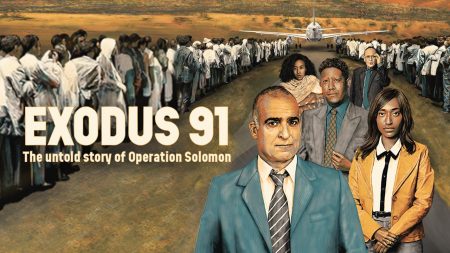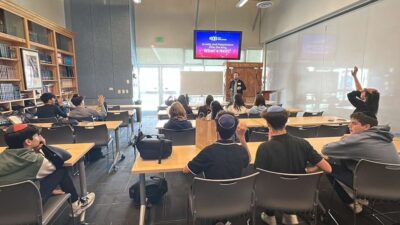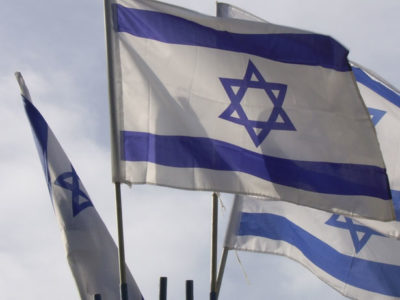Introduction
This summer, bring Israel education to life with experiential activities handpicked by our team of educators for their impact and effectiveness in camp settings. These engaging, hands-on resources help campers explore Israeli history, identity, and current events in creative and meaningful ways. Whether through music, games, timelines, or visual storytelling, each activity is designed to spark curiosity, conversation, and connection.
For the full collection click here.
Contents
Zionism
- My Zionism – vision board activity
- Kibbutz committee – role play game
- Who is a “greater” Zionist? – interactive discussion
Israeli history
- History of Israel – timeline activity
- Teach Israel Using Maps – 5 activities
- Experiential learning activities – example on courage
Contemporary Israel/ current events
- Israeli music post Oct. 7th – listening activity
- Unpacking the hostage crisis through Israeli political cartoons – visual reflection and discussion activity
- Unpacking the slogans – campus role play activity
Fast day films
- Heroes of Oct. 7
- Upheaval: the Journey of Menachem Begin
- Exodus 91: The Untold Story of Operation Solomon
My Zionism – vision board activity
In this activity, students will design personal vision boards to explore and express what Zionism means to them. Through quotes and images, they’ll illustrate their individual connection to Israel and the Jewish people. The completed boards will then serve as a springboard for meaningful conversations and reflections on identity and values.

Kibbutz committee – role play game
This interactive game gives students a taste of life on a kibbutz, allowing them to explore the challenges and values of communal living in a fun, hands-on way. Working in groups as their own “kibbutzim,” students will be given limited resources and asked to make collective decisions in response to various real-life scenarios. The activity concludes with a group reflection to discuss what aspects of kibbutz life felt meaningful, and which proved difficult.
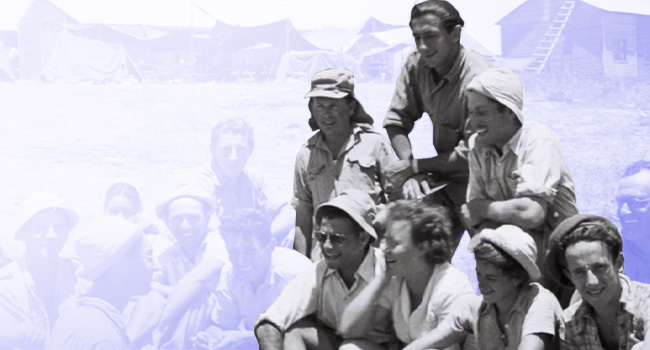
History of Israel – timeline activity
In this activity, students work together to create a collective timeline of Israeli history. Each group is assigned a theme or a time period and tasked with selecting key events they believe best tell their assigned story. After placing their events on a shared timeline, groups present their choices and reflect on the decisions they made about what to include and what to leave out. The activity encourages critical thinking about historical significance, narrative, and how we choose to tell the story of Israel.
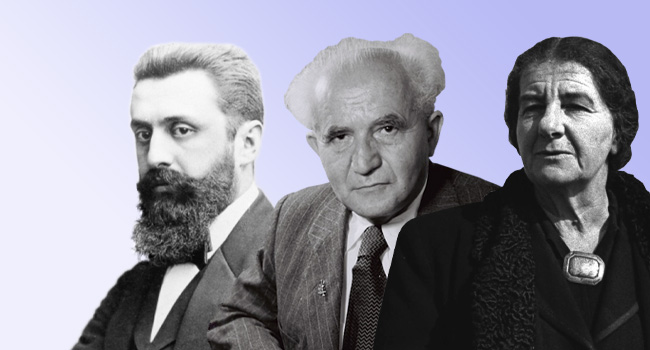
Teach Israel Using Maps – 5 activities
These activities use maps as a dynamic tool to help students deepen their understanding of Israel’s history and geography. By examining key events such as the Partition Plan, the Six-Day War, and the Oslo Accords through changes in borders over time, students gain insight into the complexities of building and maintaining a Jewish state. Maps offer a visual and interactive way to bring history to life, making them especially effective for visual learners and for sparking meaningful discussion.
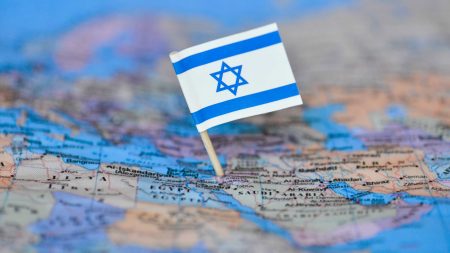
Experiential learning activities – example on courage
At UED we have a series of experiential learning activities that bring big ideas to life through hands-on experiences. Each activity focuses on a core value and is designed to spark reflection, conversation, and connection. Here you will find an example on the theme of courage — for more, visit the experiential learning activities page on our website.
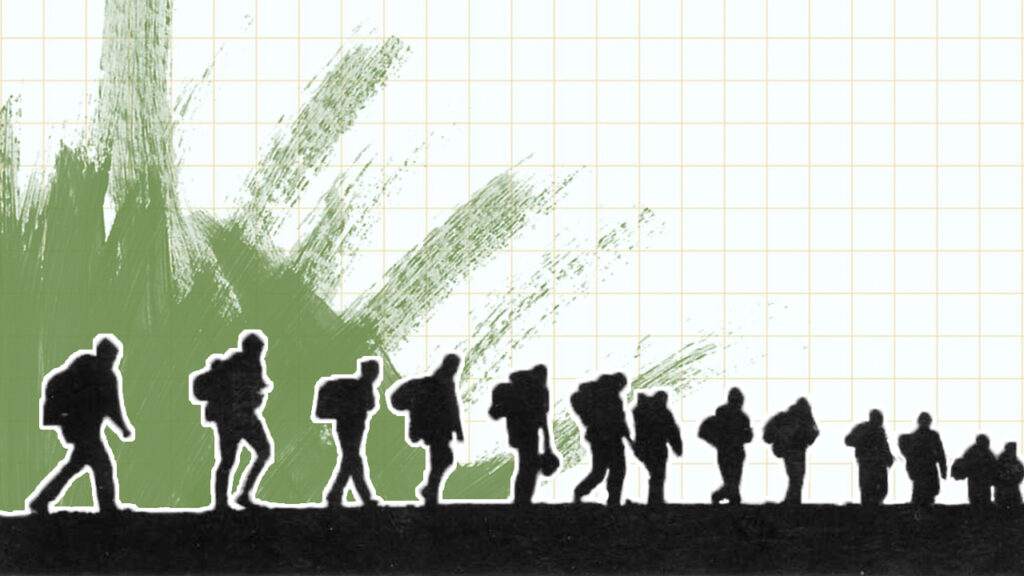
Israeli music post Oct. 7th – listening activity
If you want students to connect with the current mood in Israel, music is a powerful window into the national conversation. This activity uses a collection of Israeli songs released since October 7th to explore themes like hope, despair, responsibility, victory, and unity—offering students a meaningful way to reflect on this moment through the voices of Israeli music.

Unpacking the hostage crisis through Israeli political cartoons – visual reflection and discussion activity
This activity uses 15 Israeli political cartoons to help students explore the complex emotions and debates surrounding the hostage crisis that has raged since Oct. 7 2023. Through visual analysis and discussion, students engage with a wide range of perspectives on the plight of the hostages, Israeli deals with Hamas, and the future of the region.
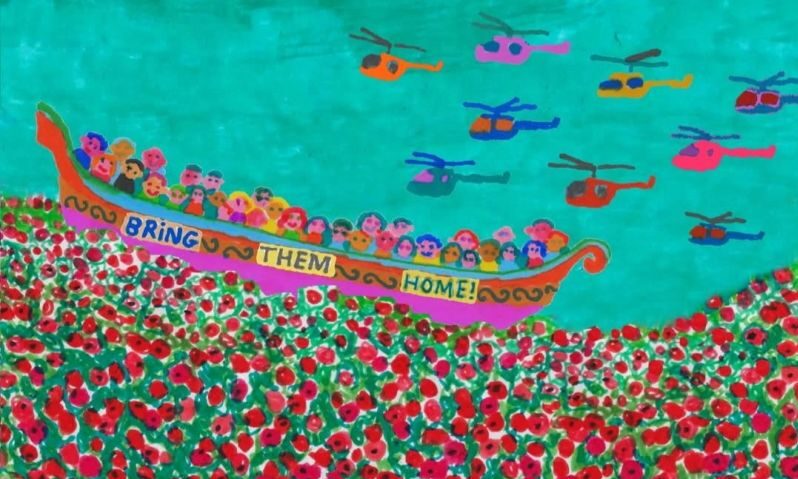
Unpacking the slogans – campus role play activity
This activity invites students to examine the power of language by analyzing anti-Israel protest slogans used on campus. Working in groups and acting as university committees, they’ll evaluate whether specific slogans cross the line into antisemitism and should violate university codes of conduct. Through discussion and debate, students will reflect on where the line between free speech and hate should be drawn.
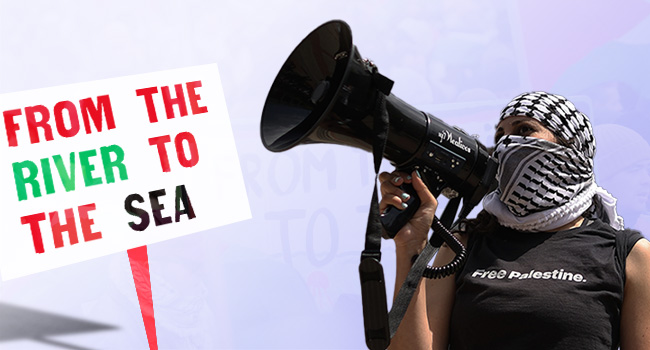
Heroes of Oct. 7
Heroes of October 7th highlights the stories of Yuval Salomon and Sahar Saudian, two brave young Israelis killed on that day. Through hearing about them from their family and friends, we gain a glimpse of the people they were, their courage and bravery, and their connection to the land and people of Israel. We hope that through learning their stories, we will be inspired by their example and the spirit of the people of Israel, and gain an appreciation for the many worlds that were lost on that terrible Simchat Torah.
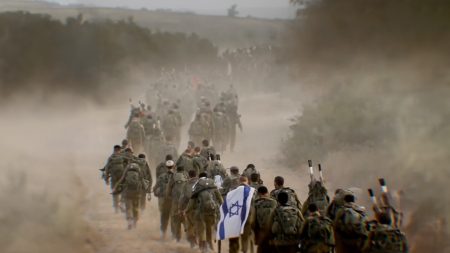
Upheaval: the Journey of Menachem Begin
A proud yet scarred leader haunted by the Holocaust and decades of war, former Israeli Prime Minister Menachem Begin struggles to balance history and heroism to make peace with his greatest enemy and cement a legacy long misunderstood.
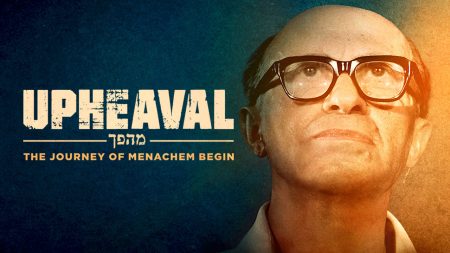
Exodus 91: The Untold Story of Operation Solomon
Israeli diplomat Asher Naim finds himself caught between worlds and facing a crisis of faith. Asher helps negotiate the escape of nearly 15,000 Ethiopian Jews from a country collapsing under famine and civil war.
